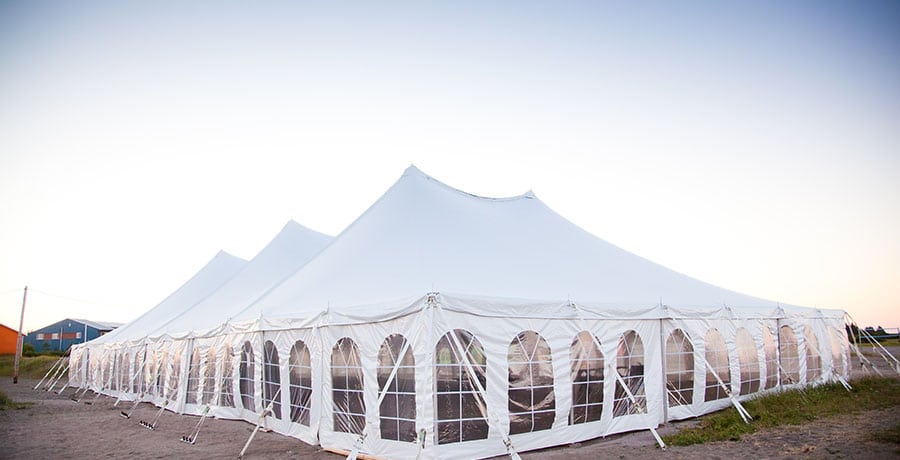
There are hardly few people who really like to get their hands on the event budget, plan everything accurately and set details of all matters. There are a number of items to be included in the budget like tent rentals or party tent rentals expenses, furniture, labor work and other details.
Learn about party tent rentals
We have devised a complete strategy on how you can create your own event budget and keep expenses within the limits defined.
- Start Budget Process Early
This is really good if you manage to create the event budget as soon as possible. This will make you adjust changes, price hike, tent rentals, party tent rentals, other rents, costs of food and management and other details. This way you will have the idea of the cost and can arrange the money if you are short of some. Making budget at the last hours may cause confusion and you may end up spending more than required.
- Determine Event Objectives
The objectives of the event must be clear and there should be nothing hidden. If you are planning the event for someone, you must ask about all necessary details, purpose, seating capacity, objectives and other details. This will prove in handy to figure out where the budget needs to be spent more and where less. Clients don’t afford any mismanagement at the end so you should be careful regarding the event objectives.
- Don’t Procrastinate Budget
Overconfidence kills often. You should not consider it something trivial or that can be done in a day or few hours. You need a week or more time to brainstorm, find out ideas, plan everything in the best manner and set price details of necessary items. So never take it easy and be prepared in advance to avoid issues.
- Estimate Revenues
Estimation of revenues is also necessary when you plan an event budget. The event may be bigger or small level, but sponsors and other revenues are always there. Event ticket sales, sponsorship revenues, exhibitor income, merchandise, food and drink sales and such other revenues are some of the usual revenues every event produces for the creators. This may save a lot of money spent on the event, management and in payments to people.
- Keep Updating Budget
We have discussed the budget should be created a lot time before the event takes places. With this, the changes are necessary and should be incorporated wisely into the budget. This way you can make the draft more accurate, brief but comprehensive and it may reduce the original cost as well.
- Get Multiple Quotes from Vendors
This is a serious mistake many people make while giving tenders or hiring vendors for a particular part of the event. In government sectors, event tenders are assigned to people close to authorities that costs them way more than the original cost. However, event planners in private sector can handle this cost wisely by getting multiple quotes from vendors and hiring the one with best quality but affordable rates.
- Plan for the Unexpected
It is a wise decision to include some unexpected items, expenses and costs based on some past experience or considering the event size and budget set for that. It will save you from any hassle in the need of hour and everything will be ensured smooth and straight. If you run out of budget or money to spend at the last time, this sends a negative message to the clients and the company may lose further event management contracts.
- Analyze the Risks
Risk assessment is always needed for any event. And when you are the person to fix the budget and invest money, you must be more careful. Risks are in form of bad weather, rain, storm, more people attending the event, more expenses as the outcome of more participants, labor unavailability and many others. A sagacious event planner never ignores these risks and is always attentive to what may happen.
Final Words
Event management is a hard task and is even harder the work of creating a balanced event budget. The above-mentioned tips may help anyone who has been tasked with budget creation. More research can be done depending on the event nature, participants size, tent rentals rockland county, and locations.



